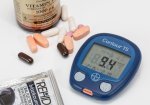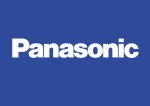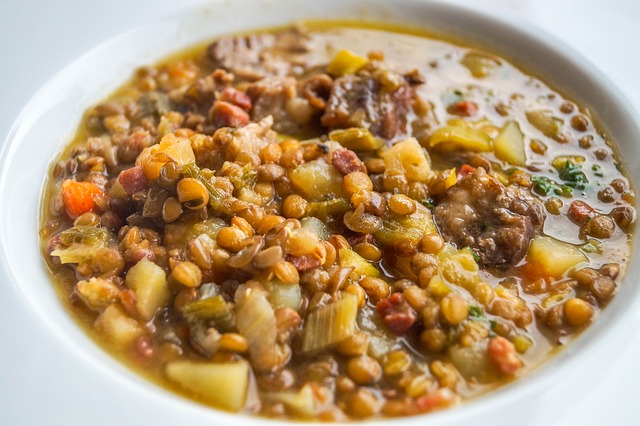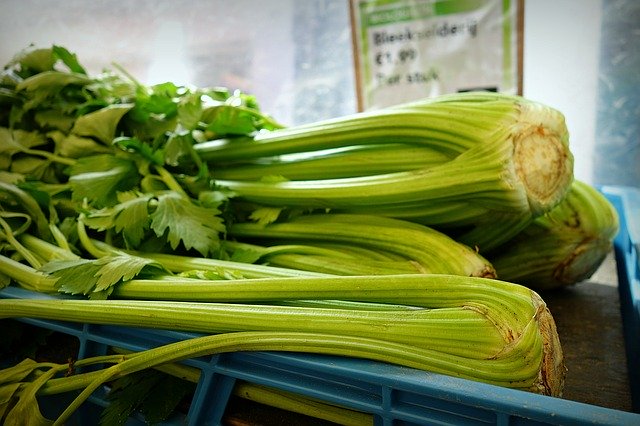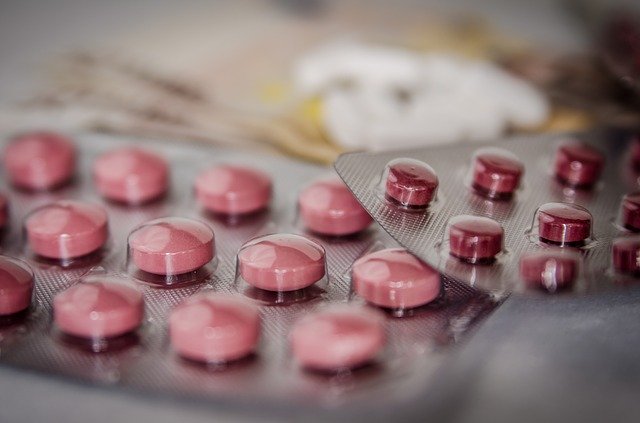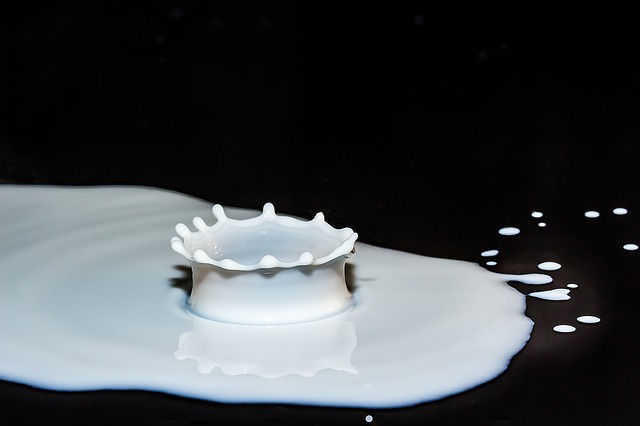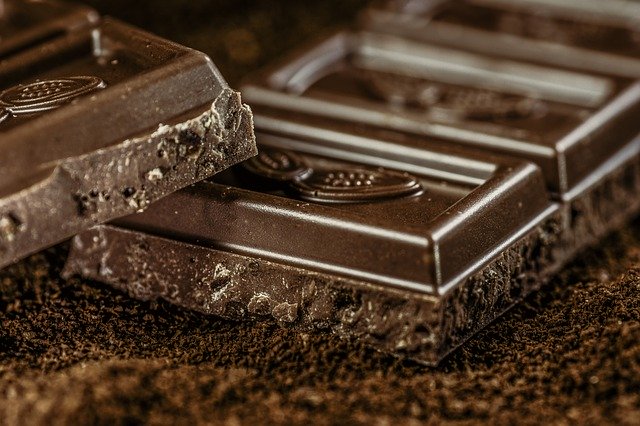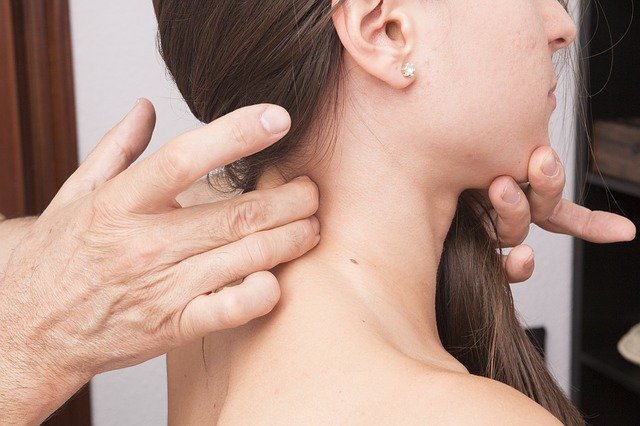Acupuncture and Hypertension, what you need to know

The correlation between acupuncture and hypertension indeed shows that acupuncture is beneficial in treating high blood pressure. It is only fairly recently that this complementary therapy has received meaningful scientific attention from the medical scientific community. We say recently because the use of acupuncture just like, chiropractic treatment, has been in existence for thousands of years.

A 2500 year old practice out of China, to many in the western world, acupuncture had for many years been viewed as a Chinese version of voodoo and therefore largely ignored.
Scientific facts have however shown that acupuncture is indeed beneficial to hypertensive patients. Today large orthodox medicine organizations such as the NHS in the UK include acupuncture as a treatment therapy among their list of health services.
While in this article we limit ourselves to examining the benefits of acupuncture in treating hypertension, this Chinese traditional practice has a long list of other acclaimed health benefits such as treating chronic headaches and migraines, dental pain and joint pain among other discomforting ailments.

Acupuncture Safety
In view of the puncturing with needles that must necessarily occur during acupuncture, a lingering issue that remains among a considerable number of people wishing to use it as an alternative treatment for high blood pressure is its safety. According to Mayo Clinic possible complications of acupuncture would include organ injury, infections and soreness.
If you are considering acupuncture for hypertension treatment and safety is an issue to you, according to a 2001 report published in the British Medical Journal (BMJ) complications following acupuncture are rare and transient. The report states that most complications, if they ever occur, last two weeks at most.
Where you choose to have the procedure done also matters. The BMJ report points out that high rates of safe and complication free acupuncture have been reported among trained practitioners who are held to professional standards and patient safety. This is a world of difference from, say, self acclaimed back door practitioners, for example.
In 1995, the World Health Organization (WHO) developed the first ever guidelines to guide clinical research around acupuncture. This was a significant development which opened up broad and deeper scientific research into the efficacy and medical benefits of acupuncture.
Consequently, there has been an increasing number of scientific research efforts on the topic of acupuncture and hypertension.
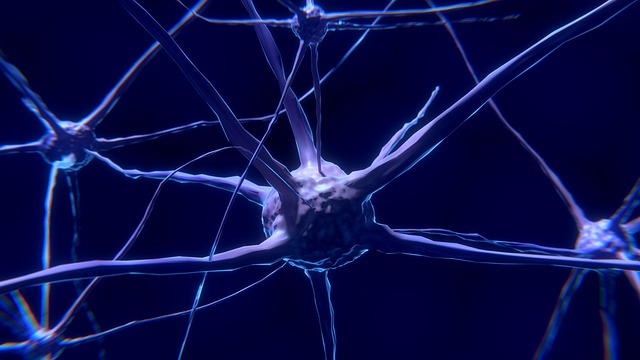
Scientific Studies on Acupuncture and Hypertension
Study 1
A study published in the December 2016 issue of Medical Acupuncture (December 2016, 28(6): 359-362.) concluded that the Niemtzow dry mouth acupuncture protocol, which has acupuncture points on the ears and hands successfully treated a 48 year old woman with severe refractory hypertension.
Refractory hypertension is also known as resistant hypertension which is high blood pressure that stubbornly won't respond after three or more visits to a medical facility usually within a period of six months.
The Medical Acupuncture published study states that the patient experienced repeated normal blood pressure readings after the acupuncture procedure. The study did confirm a beneficial link between acupuncture and hypertension.
The study report, however, calls for further studies to determine long term application of the Niemtzow dry mouth acupuncture protocol in treating hypertension.
Study 2
Another 2013 study published in the Acupuncture and Electro-Therapeutics Research journal reported that acupuncture led to a significant reduction in blood pressure in the individuals involved. The motive of the study, among other things, was also to explore other alternatives that could possibly help manage blood pressure better.
The study involved a total of 24 male and 10 female participants. After every two days of acupuncture for one month, systolic blood pressure (top number) fell by some 33.65 mm Hg while diastolic blood pressure (bottom number) fell by about 15.06 mm Hg.
The study concluded by recommending that acupuncture should be included in hypertension treatment guidelines that are widely used for blood pressure regulation.
An interesting angle to this study is that all the 34 participants involved had been on anti-hypertensive drugs for the previous 24 months. Therefore acupuncture came in to complement already ongoing drug treatment of high blood pressure.
This seems to be the argument of the next study below, that the relationship between acupuncture and hypertension should be that of complimentarity whereby acupuncture compliments mainstream high blood pressure treatment.
Study 3
As if to agree with the outcome and observations of Study 2, another study published by the The Public Library of Science (PLOS One) three years later in 2015 only confirmed the efficacy of acupuncture when administered along side the use of first line treatment of high blood pressure which is your ACE inhibitors and diuretics, for example.
The PLOS One study was a meta-analysis of already existing data from past clinical studies involving acupuncture. The meta-analysis revealed that acupuncture was effective in treating hypertension as an adjunct or accessory to high blood pressure medications.
Combined with medication, acupuncture lowered both systolic and diastolic blood pressure values. Mean systolic blood pressure fell by as much as 7.47 mm Hg and diastolic blood pressure by as much as 4.22 mm Hg.
The investigation further established that blood pressure meds combined with acupuncture were more superior to medication alone. Acupuncture alone without any help of medications did not produce any significant lowering of blood pressure. The meta-analysis investigation concluded that acupuncture by itself did not produce any notable lowering of high blood pressure.
According to this study, which also recommended further research in the area, for one to get some positive results from acupuncture, this must necessarily be combined with already existing hypertension medications.
While the overall scientific position is to confirm the link between acupuncture and hypertension as beneficial, the bias is certainly more towards acupuncture working as complementary therapy to conventional, orthodoxy western hypertension treatment methods.
This is welcome among hypertension researchers who concede that the current treatment of hypertension is neither adequate nor comfortable in view of other hypertensive drug related issues such as drug resistance and life altering side effects.
Acupuncture and Hypertension Mechanisms
If acupuncture is helpful in treating high blood pressure as confirmed by scientific studies, it might be of interest to establish exactly how this is achieved. In scientific medical terms, how drugs or other elements interact within the body to produce certain results is often refereed to in terms of being the "mechanism".
In this regard, as can be expected there are two mechanisms to consider. One rooted in traditional Chinese medicine (TCM) and another mechanism rooted in conventional medical science theories.
In TCM, high blood pressure is caused by emotional factors and an imbalance in the body particularly the liver, spleen and kidney. This is what is commonly refereed to as the imbalance between yin and yang.
Acupuncture practitioners, through their expert and superior knowledge of handling needles and attaining the right needle angles and depth, are able to regulate yin and yang returning the body to its natural balance.
This natural balance is called healthy qi (pronounced Chi) which also expels pathogenic factors from the body in the process.
For the most part the mechanism behind TCM is mystical and seemingly not easily mastered by the ordinary including physicians.
On the other hand, the mechanism behind acupuncture and hypertension is unclear from a western medical science perspective. What exist are complex propositions which are yet to be solidly confirmed by science.
For example, one hypothesis is that acupuncture could possibly affect the sympathetic nervous system and the endocrine system among other things.
The sympathetic nervous system, for example, is known in medical science to play an important role in blood pressure regulation. Blood pressure increasing decongestants such as Benadryl necessarily interact with these systems to achieve the dreaded blood pressure spikes.

Acupuncture and Hypertension Pregnancy
Finally, any examination of the association between acupuncture and high blood pressure would possibly be incomplete without considering the role acupuncture could play during pregnancy as well as a treatment option for pregnancy induced hypertension.
As already established, enough scientific evidence points to the weakness of acupuncture being effective in working alone to control high blood pressure.
Studies show that acupuncture is effective as a complementary therapy in hypertensive patients who are already taking high blood pressure meds.
According to a 2014 study published in the journal Acupuncture in Medicine (2014;32:257-266) () , acupuncture is a safe procedure to use during pregnancy.
The study report which was derived from a meta-analysis of previous research data noted that out of 10 000 acupuncture sessions carried out on pregnant women only 193 were reported to have produced any adverse effects.
Adverse effects associated with acupuncture in pregnancy were needling pain or just general as well as bleeding. These adverse effects were mild in nature and did not last vert long, according to the study. It was also noted that very serious adverse effects were very rare.
While there is ongoing reference to ‘forbidden points in pregnancy’ when in comes to acupuncture, the 2014 report refutes the constant reference to dangerous acupuncture points during pregnancy. So other reports have also refuted suggestions that needling LI4, SP6 or sacral points in acupuncture is harmful during pregnancy.
Instead, the Acupuncture in Medicine report advocates for pregnant women to be given all the available information in order to make informed decision.

|
Alcohol and Blood Pressure |
Return to Hypertension Medications from Acupuncture and Hypertension
Return to Hypertension Home Page from Acupuncture and Hypertension
Disclaimer
Information contained on this website is not meant to replace your doctor's advice.
(c) All Rights Reserved. 2010-2018
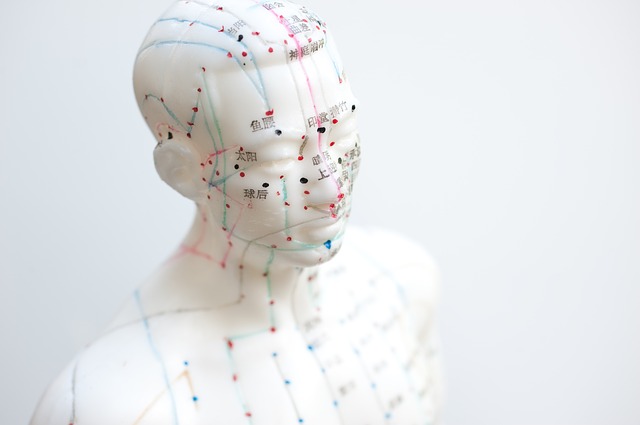
In total there are more than 2000 acupuncture points in traditional Chinese medicine. Among that number, there are specific acupuncture points that have been shown to be effective when treating hypertension. Some of the most cited points are as follows.
- Essential hypertension - KI3 (KD3, K3, Taixi)
- Hypertension medication side effects - CV4, CV6 and SP6
- Hypertension - LV3, LI4, LI11, GB20, ST9, ST36 and ST40
- Reconciling Qi and blood - LI11, ST36 and LI4
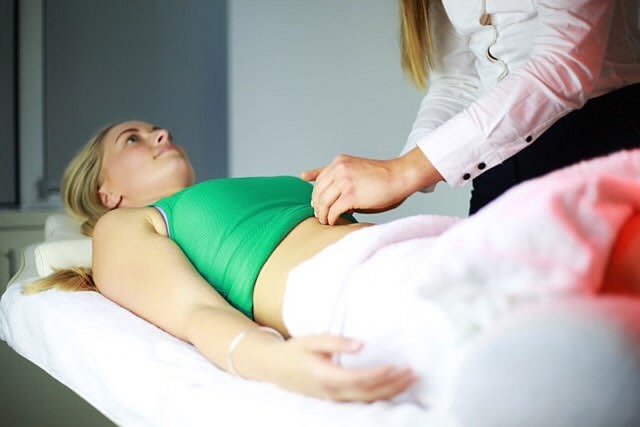
In total there are more than 2000 acupuncture points in traditional Chinese medicine. Among that number, there are specific acupuncture points that have been shown to be effective when treating hypertension. Some of the most cited points are as follows.
- Acupuncture was popularized in the west after President Nixon visit to China where his personal physician commented - “I have seen acupuncture work "
- Acupuncture needles used today a as thin as two human hairs
- The FDA regulates acupuncture needles in a similar fashion as surgical scaples
- The United States military uses acupuncture
- Ancient Chinese used needles were made from metals such as gold, silver, iron. Today stainless steel is used
- Korean acupuncturists use copper needles

